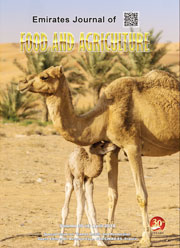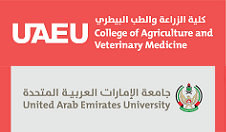Temperature changes and marine fish species (Epinephelus coioides and Sparus aurata): Role of oxidative stress biomarkers in toxicological food studies
DOI:
https://doi.org/10.9755/ejfa.2018.v30.i3.1650Keywords:
Antioxidant, Heat Shock Proteins, Epinephelus coioides, Sparus aurata, Gene expressionAbstract
The increase of seawater temperature as a result of global climate variation elucidates a major challenge for marine organisms survival in addition to consumers safety. Spotted grouper (Epinephelus coioides) and Seabream (Sparus aurata) were collected in water with different temperature variations at Suez Canal and Alexandria (Suez and Abu Qir bay) in Egypt with the aim to assess expression levels of heat shock proteins such as HSP47, HSP70 and HSP90 genes in addition to antioxidants value through enzymes activity: Glutathione-S-Transferase (GST) and Glutathione Peroxidase (GPx). Research results revealed that expression of the HSP47, HSP70a and HSP90 genes increased in marine fishes tissues collected from Suez Canal, with higher water temperature (23:28ºC), compared with those collected from Alexandria (19:24°C) whereas the content of GPx and GST decreased. Our results show alteration of the marker examined suggesting that the increase of heat shock protein genes expression levels of fish collected from Suez Canal might be exposed mainly to thermal oxidative stress response more than those collect from Alexandria. The increase of heat shock protein-related genes expression could be considered as a factor in prohibiting the heat shock transcription factor that may lead to stimulation of heat-inducible genes in addition to heat acclimation. Thus, warming of water is also likely to alter the composition and abundance of food resources, e.g. fish muscles, available to higher trophic level consumers.










 .
. 